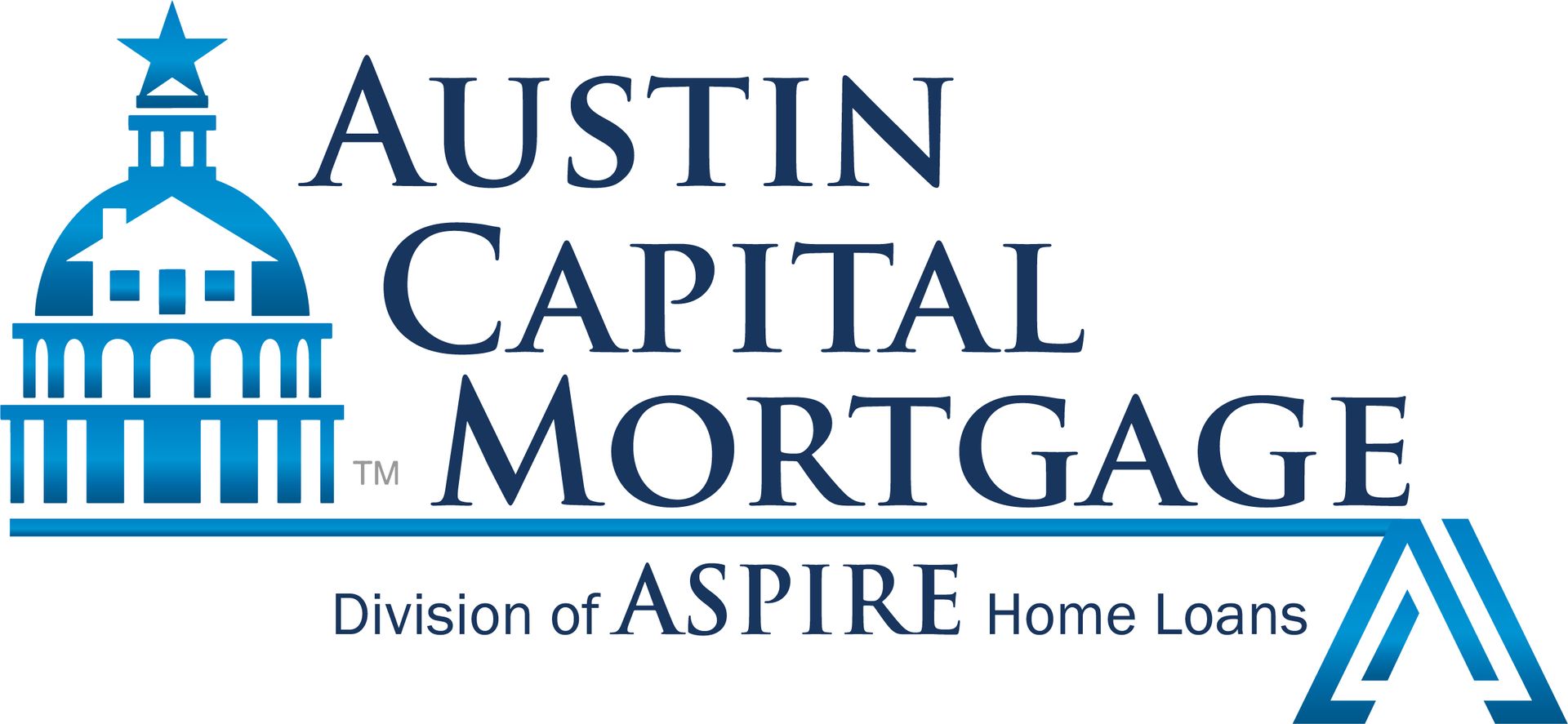How do jumbo loans work?
Josh Neimark
If you’re looking to buy in a higher-priced home market, financing usually means applying for a jumbo loan.
While jumbo loans can be more challenging for some borrowers to qualify for, they typically offer competitive interest rates and provide a convenient way to buy a home in more expensive housing markets.
What is a jumbo mortgage?
Jumbo mortgages are home loans for amounts that are more than federal loan limits.
What makes a jumbo loan different from a conventional loan?
Mortgages can be separated into two basic categories: jumbo loans, also called non-conforming loans, and conforming loans.
The Federal Housing Finance Agency (FHFA) releases new loan limits each year. Fannie Mae and Freddie Mac are government businesses that purchase loans falling below the FHFA loan limits.
Eligible borrowers can use non-conforming home loans to finance homes with prices over the FHFA loan limit. However, because lenders can’t sell jumbo loans, they carry more risk, resulting in more stringent eligibility requirements.
Conforming loans are home loans that conform to—i.e., are within—FHFA loan limits. Home loans that are outside FHFA loan limits are non-conforming or jumbo loans.
What are the limits for jumbo loans?
For the majority of real estate markets in the United States, the jumbo loan limit (2022) for a single-unit property residence is $647,200.
Certain areas, such as California, Hawai’i, and Alaska, have housing markets continually exceeding the FHFA limits.
To help homeowners buy homes in these more expensive areas, the FHFA has an increased limit in these areas, which can go up to $970,800 for a single-unit residence.
What is the down payment on a jumbo loan?
Jumbo loans come with a few special eligibility requirements, including down payment size.
While jumbo loan down payment requirements can vary by lender, most jumbo loan lenders look for a minimum down payment equal to 20% on the home’s purchase price.
However, some lenders can request as little as 10% or as much as 30%. If you’re considering a jumbo loan, talk to a few lenders to learn about their down payment requirements.
Borrowers aren’t limited to minimum down payment amounts. If you plan to use a jumbo home to buy a home, and you have the funds available, you can put a larger down payment toward your home.
Putting more money down can help reduce your monthly mortgage payments and improve your interest rate. Try inputting different down payment amounts into a jumbo loan calculator to see how it can impact your monthly payment amounts.
Are interest rates higher for jumbo loans?
Generally speaking, because non-conforming loans carry a larger risk for the lender, jumbo loan rates tend to be higher compared to some other mortgages, such as FHA loans, conventional mortgages, or VA loans.
But with Fannie Mae and Freddie Mac fees increasing, the interest rate difference gap between conforming and non-conforming loans is shrinking.
Who can qualify for a jumbo loan?
Mortgage lenders take on increased financial risk by loaning out larger amounts.
To help mitigate some of that risk, lenders are more careful about who they approve, typically requiring borrowers to meet additional or stricter conditions such as the following.
Credit score
Borrowers applying for a jumbo loan typically need to have a strong credit history and a minimum credit score of at least 700, although higher is recommended.
Down payment
Minimum down payment amounts for jumbo loans can range from 10% to 30%, depending on the property and lender requirements.
Cash reserves
To help verify your ability to repay the loan, most borrowers need cash reserves totaling between 6 and 12 months of mortgage payments in cash.
Income
Borrowers must typically have a maximum debt-to-income ratio of 43% to demonstrate their ability to repay the mortgage. However, some lenders may require a higher DTI.
How do I apply for a jumbo loan?
Applying for a jumbo loan is similar to applying for other home loans, like FHA or VA home loans. The many steps to any mortgage application include the following:
Assemble important documents
Borrowers must be able to prove their identity and income.
Most lenders look to tax returns for the last two years, pay stubs—or profit and loss statements for self-employed applicants, bank statements such as deposit and investment accounts, and proof of cash reserve funds.
Your lender can provide details about specific documentation requirements.
Get pre-approved for a jumbo loan, find a home, and make an offer
Once you receive your jumbo pre-approval from your lender, you can enjoy house hunting.
And once you’ve found the home you want, you can make an offer.
Because you’ve already been pre-approved, you don’t need to worry that another buyer might grab your dream home while you’re going through the pre-approval process.
Officially apply for a jumbo loan
After the seller accepts your offer, you’ll officially apply for a jumbo loan. Because you’ve already been pre-approved, the process will be much easier than if you were starting from scratch.
Home appraisal
Jumbo loans typically require a home appraisal—some lenders may request two—to determine that your home’s value is at least equal to your mortgage loan amount.
Closing day
Closing is the last step on your jumbo mortgage journey. Lenders do a final review before providing the funds. Then, once everything is in order, you’ll sign the necessary papers and take possession of your new home.
Should I apply for a jumbo loan?
With housing prices continuing to rise, more borrowers are looking to jumbo home loans to secure financing. Exploring jumbo loan pros and cons can help you decide whether it’s right for your situation.
If homes in your area, or the area you want to move to, are more than $647,200, conforming loans aren’t an option. A jumbo mortgage can often be the most straightforward path to home ownership in high-priced housing areas.
If you’re considering a new home in a high-cost real estate market or are considering refinancing your current mortgage into a larger loan balance, a jumbo loan could be the right tool.
If you’d like more information about the different home loans you could qualify for or what’s the best home loan for your family, we can help.
Reach out to the experienced loan officers at Austin Mortgage Capital today.

